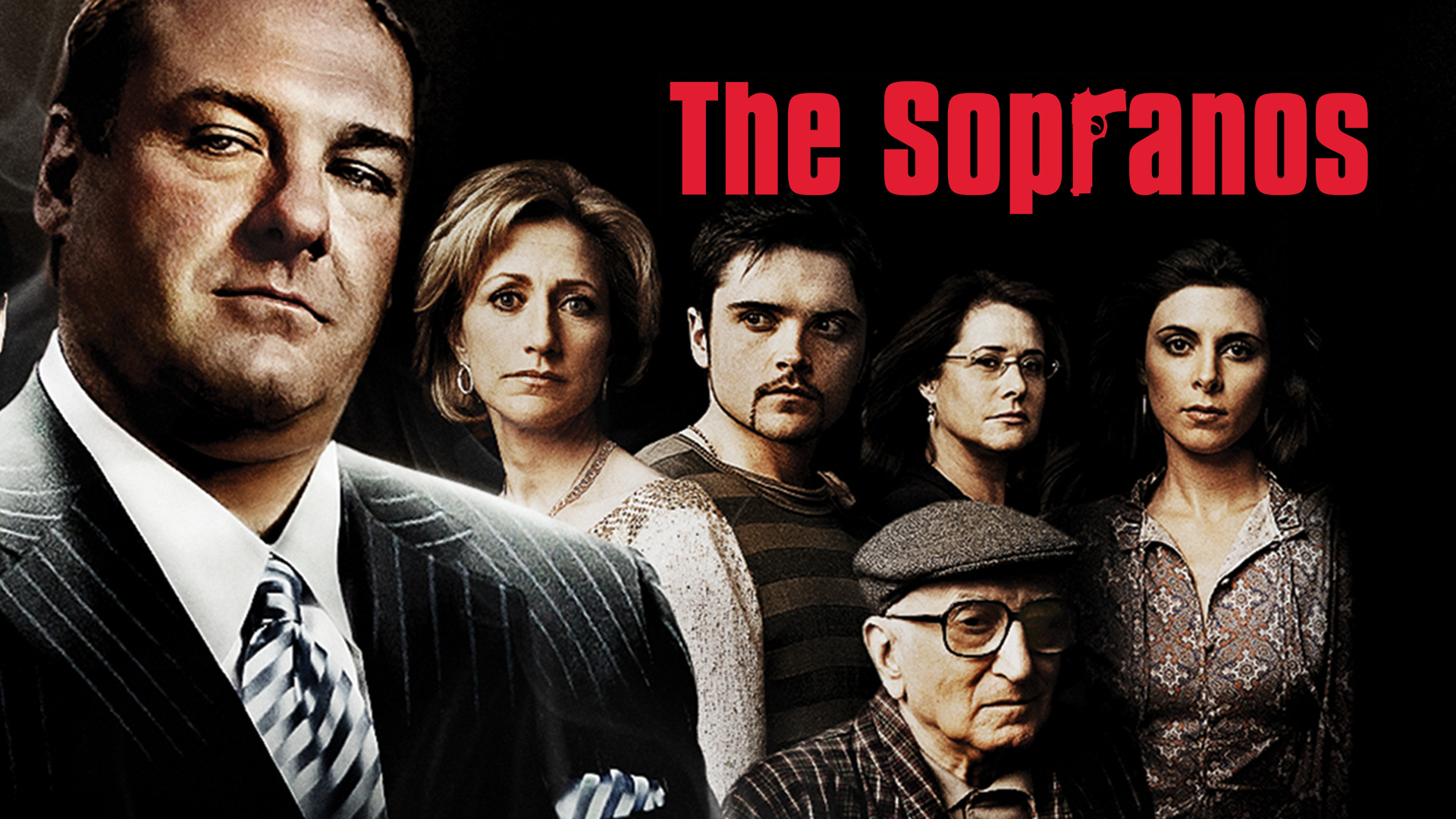
Breaking Down the Legacy of Tony Soprano A Modern Anti-Hero
Breaking Down the Legacy of Tony Soprano: A Modern Anti-Hero
When we think of iconic television characters, few can rival the complexity and allure of Tony Soprano, the enigmatic mob boss from HBO's groundbreaking series, "The Sopranos." Created by David Chase, Tony is not just a figure of crime; he is a multifaceted character who embodies the struggles of modern masculinity, family dynamics, and the quest for identity. His legacy as a modern anti-hero has transcended the small screen, influencing generations of television writing and character development.
The Complexity of Tony Soprano
From the very first episode, Tony Soprano's complexities are laid bare. He struggles not only with his criminal empire but also with mental health issues that plague him throughout the series. As he juggles the pressures of being a mafia boss and a family man, viewers witness an individual who oscillates between charm and brutality—a true reflection of an anti-hero. This complexity challenges the traditional notion of good versus evil, encouraging viewers to empathize with a character who is fundamentally flawed yet relatable.
The Evolution of the Anti-Hero in Television
Tony Soprano's lasting impact can be seen in the evolution of the anti-hero archetype in television. Before Tony, protagonists were often clearly defined as heroes or villains. However, "The Sopranos" broke this mold, allowing for moral ambiguity and flawed narratives. Characters like Walter White in "Breaking Bad" and Don Draper in "Mad Men" followed in Tony's footsteps, showcasing that audiences are now more inclined to root for characters whose morality is questionable. This shift in storytelling reflects contemporary societal issues, as viewers grapple with the complexities of the human experience.
The Cultural Impact and Merchandise
The cultural impact of Tony Soprano has sparked an entire industry of fans celebrating his legacy. From conventions to online communities, the fascination with the character has led to a plethora of merchandise. "The Sopranos Official Merch" allows fans to connect with their favorite show on a new level. Whether it’s apparel showcasing iconic quotes, collectible figurines, or even themed home décor, this merchandise serves as a tangible way for fans to express their love for the series. The official merch acts not only as a nostalgic nod to a beloved character but also as a testament to Tony's lasting influence on pop culture.
The Enduring Legacy
As we look back on "The Sopranos," it becomes evident that Tony Soprano is more than just a character; he is a symbol of the modern anti-hero. His journey invites us to explore the gray areas of morality and confront our own shortcomings. The conversations ignited by his character continue to resonate, shaping both storytelling and audience expectations in contemporary television. Tony's story may have ended, but the legacy continues to live on—both in our collective memory and in the merchandise that allows us to celebrate his iconic status.
Conclusion
In conclusion, Tony Soprano's legacy as a modern anti-hero is a testament to the fluidity of character and narrative in television. With his complexities, moral dilemmas, and undeniable charisma, he has left an indelible mark on our cultural landscape. The proliferation of "The Sopranos Official Merch" emphasizes his lasting impact and provides a way for fans to honor this revolutionary character. As we continue to explore the portrayal of anti-heroes, we can’t help but thank Tony Soprano for paving the way for a new era of storytelling—one that embraces the imperfections and realities of being human.
.png)








